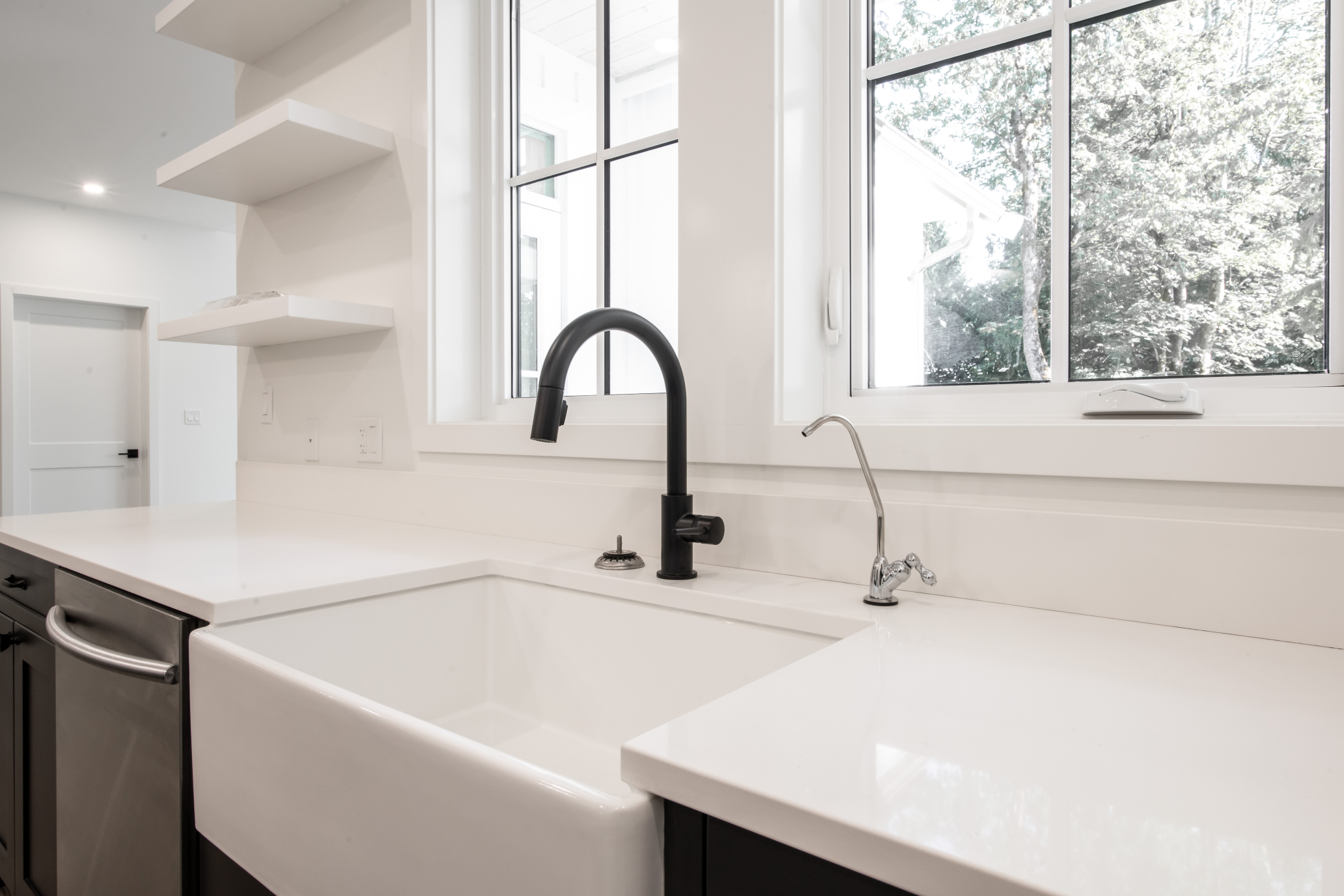Ceramic tiles are a popular choice for bathroom flooring and walls due to their durability, ease of maintenance, and versatility. However, like any other material, ceramic tiles have their own set of advantages and disadvantages that need to be considered before making a decision. In this article, we will explore the pros and cons of ceramic bathroom tiles to help you make an informed decision.
Pros of Ceramic Bathroom Tiles
1. Durability
Ceramic tiles are highly durable and can last for decades with proper installation and maintenance. They are resistant to scratches, stains, and moisture, making them ideal for high-traffic areas like bathrooms.
2. Versatility
Ceramic tiles come in a wide range of colors, shapes, sizes, and textures, making them versatile enough to match any bathroom decor. They can be used on floors, walls, and even shower stalls, and can be arranged in a variety of patterns and designs to create a unique look.
3. Easy Maintenance
Ceramic tiles are easy to clean and maintain, requiring only occasional sweeping and mopping to keep them looking their best. They are also resistant to mold and mildew, making them a great choice for bathrooms, which are often damp and humid.
4. Affordable
Ceramic tiles are a relatively affordable flooring option, especially compared to other materials like natural stone or hardwood. They are widely available and come in a range of price points, making them accessible to a wide range of budgets.
5. Eco-Friendly
Ceramic tiles are made from natural materials like clay, sand, and water, and are a more environmentally friendly option than many other flooring materials. They are also recyclable, making them a sustainable choice for those concerned about their environmental impact.
Cons of Ceramic Bathroom Tiles
1. Hardness
Ceramic tiles are very hard and can be uncomfortable to stand on for long periods of time, especially if the bathroom is not heated. This can be mitigated by using rugs or mats on the floor, but it is still a consideration to keep in mind.
2. Slipperiness
Ceramic tiles can be slippery when wet, making them a potential hazard in bathrooms, especially for young children and older adults. However, slip-resistant tiles are available that can help mitigate this risk.
3. Installation
Ceramic tile installation can be a time-consuming and labor-intensive process that requires a high degree of skill and expertise. It can also be expensive if done by a professional, although it is possible to install ceramic tiles yourself if you have the necessary tools and knowledge.
4. Maintenance
While ceramic tiles are generally easy to maintain, they can be prone to chipping or cracking if they are subjected to heavy impacts or if something heavy is dropped on them. Replacing a damaged tile can be difficult and may require the services of a professional.
5. Coldness
Ceramic tiles can be cold to the touch, especially in the winter months. This can be mitigated by using underfloor heating or by placing rugs or mats on the floor.
Conclusion-
Ceramic bathroom tiles offer a range of benefits, including durability, versatility, easy maintenance, affordability, and eco-friendliness. However, they also have some drawbacks, including slipperiness, hardness, difficult installation, maintenance, and coldness. Ultimately, the decision to use ceramic tiles in your bathroom will depend on your individual needs, preferences, and budget.
At Livwell Collective, we Design, Renovate and Define your signature style. As an end-to-end solution provider, we offer the perfect mix of design, technical skill, implementation, and detail throughout the entire project. Over the years, we have helped families renovate their kitchens, bathrooms, closets, and living rooms by redesigning the major and softer elements of their houses, to create the home of their dreams. Talk to us to learn more about our services and to schedule an appointment.
FAQs
1. Are ceramic bathroom tiles slippery?
Ceramic tiles can be slippery when wet, but slip-resistant tiles are available that can help mitigate this risk.
2. How long do ceramic bathroom tiles last?
Ceramic tiles are highly durable and can last for decades with proper installation and maintenance.
3. Can ceramic bathroom tiles be installed on a shower stall?
Yes, ceramic tiles can be installed on a shower stall, and are a popular choice for this application due to their resistance to moisture and easy maintenance.
4. How can I prevent ceramic bathroom tiles from being too slippery?
Using slip-resistant tiles, adding a textured surface to the tiles, or placing rugs or mats on the floor can help prevent ceramic tiles from being too slippery.
5. Are ceramic bathroom tiles eco-friendly?
Ceramic tiles are made from natural materials like clay, sand, and water, and are a more environmentally friendly option than many other flooring materials. They are also recyclable, making them a sustainable choice for those concerned about their environmental impact.






